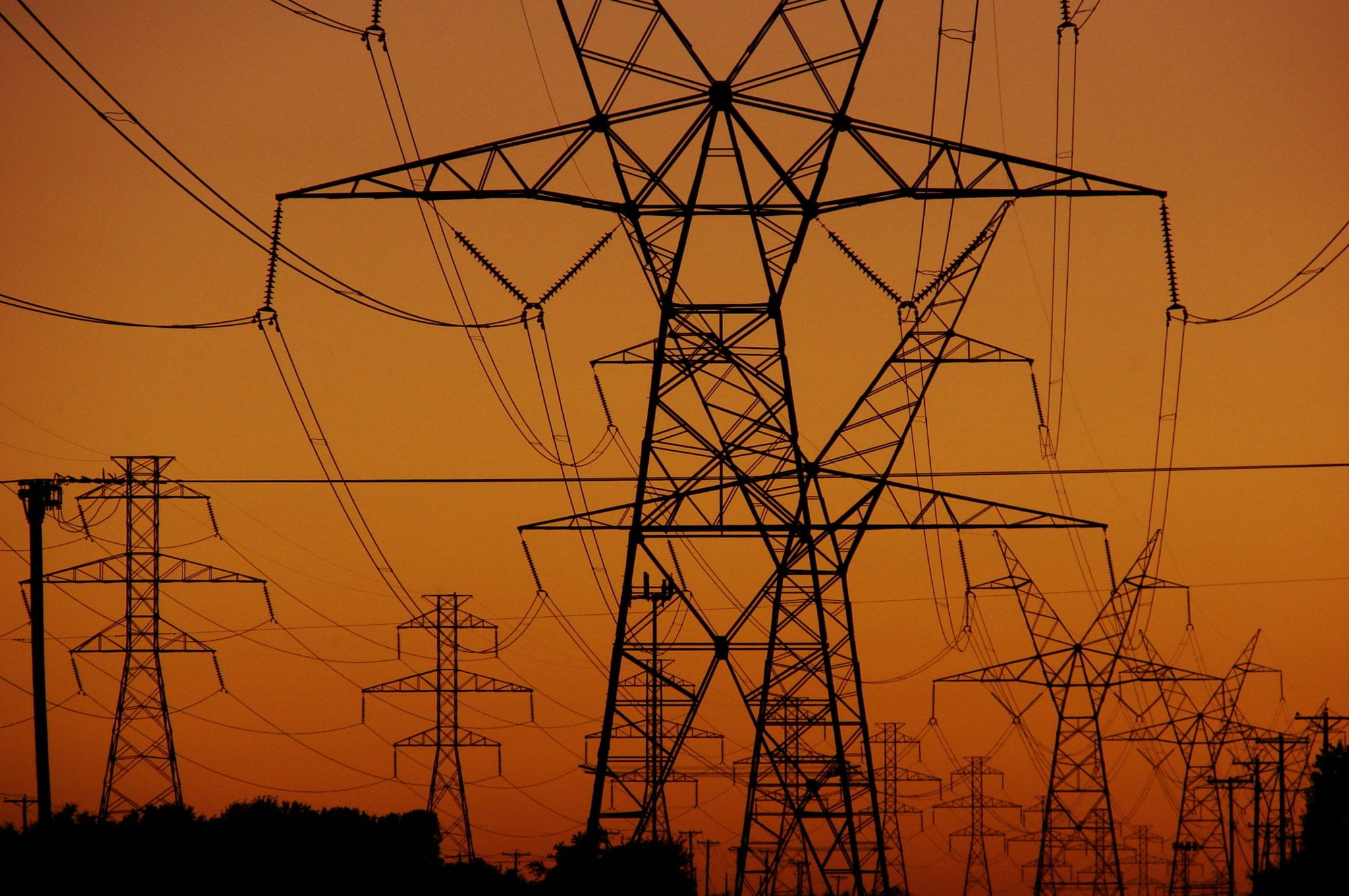Recent federal tax cuts will likely bring savings to utilities across the country. With the resulting drop in the corporate rate, savings could reach into the billions of dollars. This will only add to the record profits recorded by the industry in the last few years.
However, these savings have the potential to do more than simply reduce customer costs. We have the opportunity to invest new funds into energy efficiency and resiliency measures.
Overall, states have been slow to realize the potential these savings can have on combating climate change and promoting renewables. Massachusetts, Kentucky, Montana, and Oklahoma are among only a handful of states to take steps towards capturing the potential cost benefits for customers. Yet no state has sought to explicitly use the tax savings to promote renewables or combat climate change.
Massachusetts: A Case Study
The cut in the corporate tax rate from 35% to 21% is set to yield huge tax savings for Massachusetts Investor owned utilities (IOUs). For example, Eversource, which services 1.4 million Massachusetts electricity customers, is expected to see savings of $56 million. Eversource is just one of multiple utilities in Massachusetts.
Luckily, business and residential ratepayers are likely to see the tax bill savings translate into lower electric rates. In December, state Attorney General Maura Healey filed an action that forced state IOUs to transfer federal tax savings directly to ratepayers, as opposed to allowing the utilities to count savings towards private profits.
Neither the AG’s action, nor the Massachusetts regulators, have indicated an initial willingness to use tax savings to support renewables.
An Alternative Use of Tax Savings
An alternative to transferring 100% the tax cut savings to ratepayers is to direct a portion of the funds towards promoting energy efficiency and encouraging climate adaptation. The result would mean greater economic gains than transferring the entire amount to ratepayers.
Promoting energy efficiency and climate adaptation has the potential to boost economic growth (while reducing energy demand) and makes the transition to renewables easier.
The idea is not dissimilar to how RGGI states shares savings with their residents. Currently the majority of RGGI states use their revenue from the project to fund energy efficiency projects.
The funding of energy programs has bipartisan political appeal. Recently, the New Hampshire legislature upheld its RGGI revenue sharing scheme. A proposal had been made to direct all 100% of the RGGI revenue towards ratepayers, as opposed to allowing 20% to go towards energy efficiency programs. In January, the Republican controlled legislature voted to uphold the current revenue scheme, protecting the state’s investments in energy efficiency.
Next Steps
The federal tax cut bill leaves a lot to be desired, but states would be remiss to not take advantage of the tax savings it affords utilities. Policymakers shouldn’t simply transfer savings back to the ratepayers –– they should also use the money to promote climate adaptation and energy efficiency programs. Doing so would reinvest in the local economy while working to fight climate change.
 TIM CRONIN POLICY ASSOCIATE
TIM CRONIN POLICY ASSOCIATE
Tim assists in coordinating CABA’s Policy Program, and is a young professional with experience in community organizing and state politics. He is currently pursuing a B.A. in Economics at Stonehill College. Tim has previously studied Politics, Philosophy, and Economics (PPE) at Oxford University, and has interned at the State House and in local government. He currently serves as student-body president at Stonehill College where he has continued to fight for sustainable initiatives such as fossil fuel divestment, expanding the college’s solar farm, and reducing food waste. Tim is on the board of a local civic association in his hometown of Weymouth, and is the founder of the community nonprofit Green Weymouth. Tim enjoys reading The Economist, listening to podcasts, and exploring state parks in his free time.









